Are solar panels worth it in NZ?
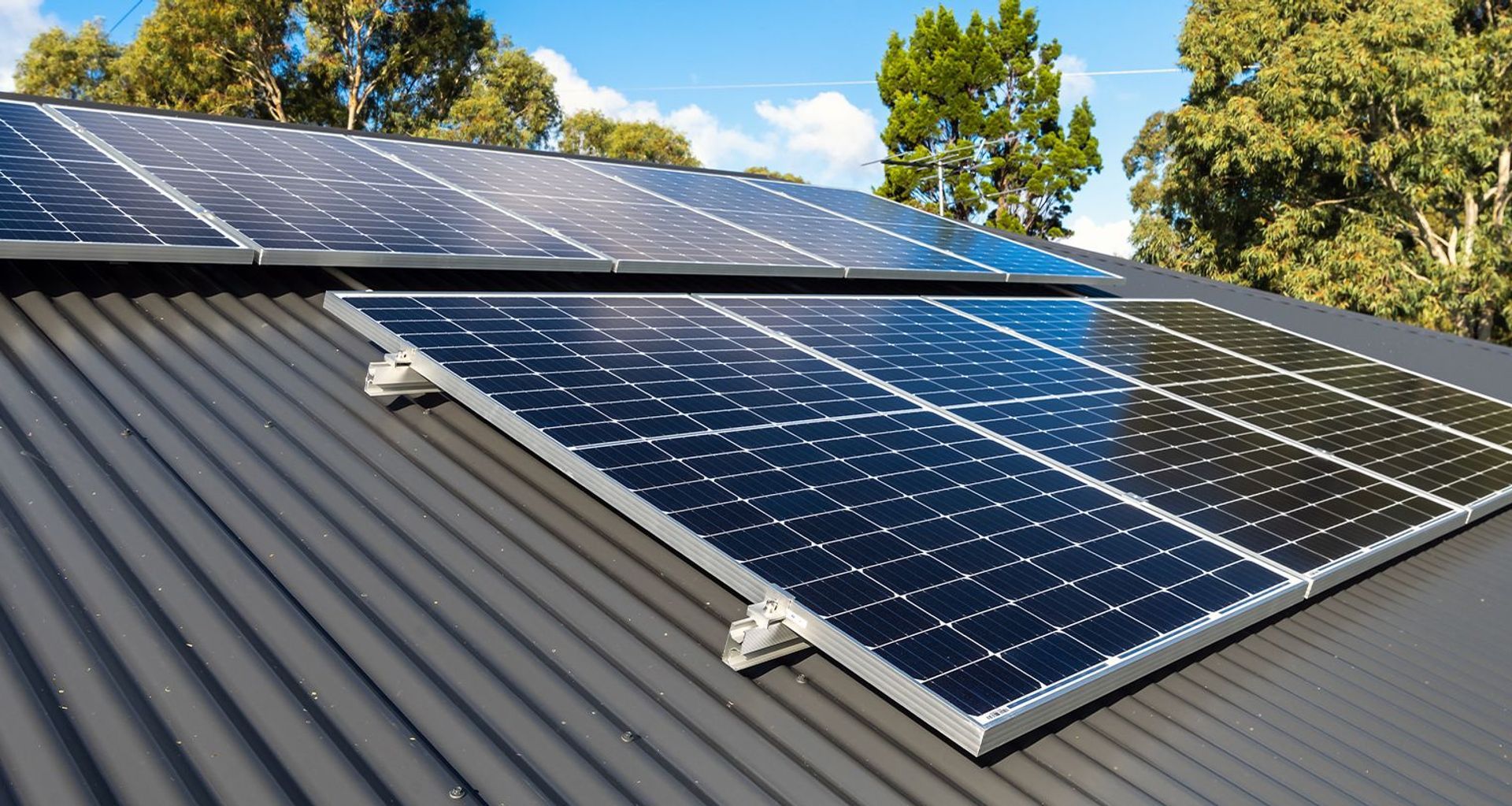
Many Kiwis are considering solar power, but is it really worth the investment?
With rising electricity costs and an increasing focus on sustainability, solar energy is an attractive option for both homes and businesses. But does it make financial and practical sense in New Zealand? Let’s break it down—costs, efficiency, government support, and how to make solar work for you.
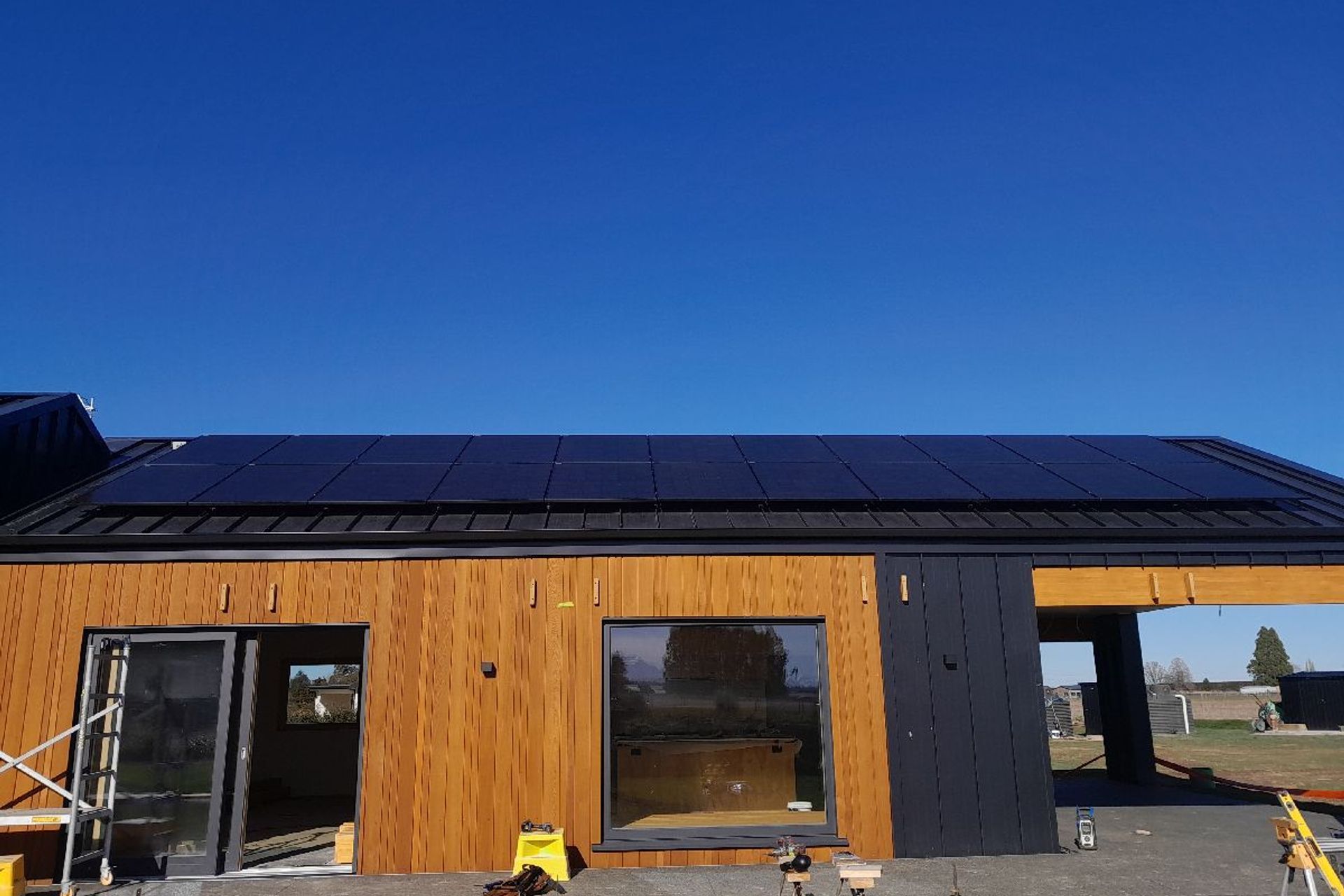
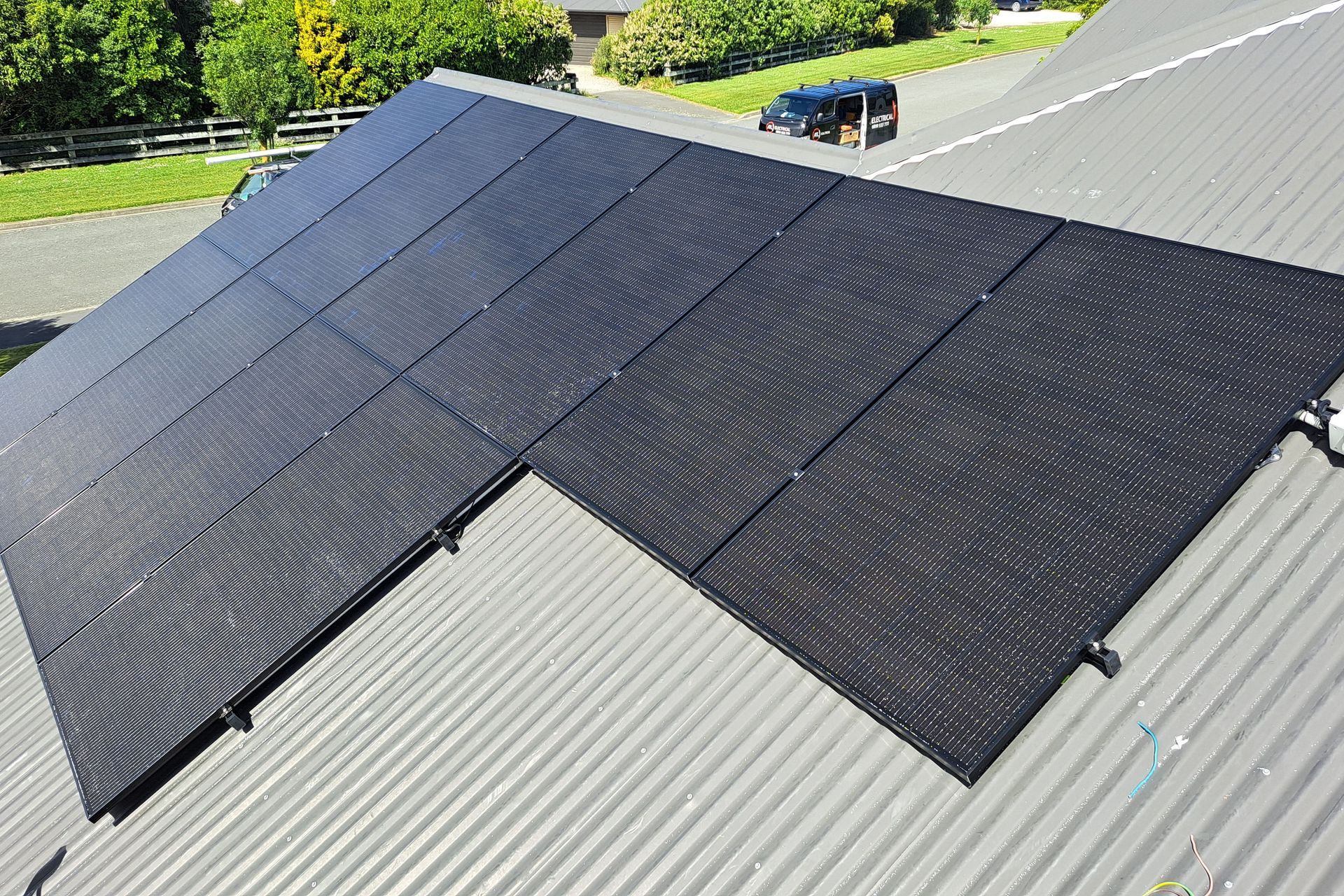
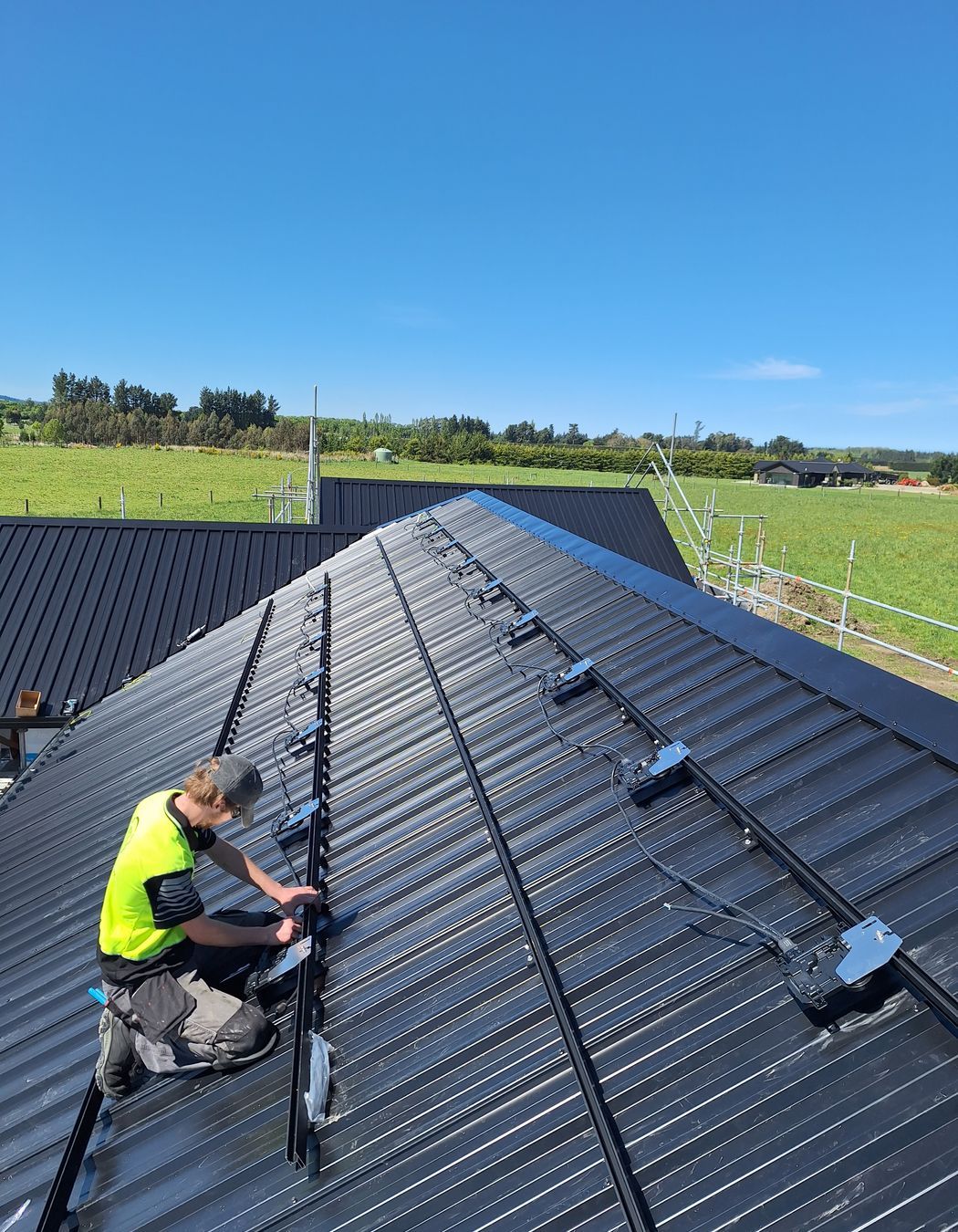
The Cost of Solar Panels in NZ
Yes, solar panels require an upfront investment, but they can deliver significant savings over time. A residential system in New Zealand typically costs between $8,000 and $15,000, depending on size and energy needs. While this may seem steep, it’s important to consider the long-term benefits—solar power can cut electricity bills by 60–80%, translating to thousands of dollars saved over the system’s lifespan.
With power prices steadily increasing, homeowners and businesses are turning to solar to gain energy independence. Many financial options, including green loans and interest-free finance terms, make it easier to transition without shouldering the full cost upfront.
Government Incentives & Support
Although there’s no nationwide solar subsidy in New Zealand, various incentives can make solar a cost-effective choice:
How Efficient Are Solar Panels in NZ’s Climate?
Some people worry that New Zealand’s climate isn’t ideal for solar energy, but the reality is quite the opposite.
Christchurch and Canterbury, for instance, receive around 2,000 hours of sunlight per year, making them prime locations for solar. Modern panels are designed to generate electricity even on cloudy days by capturing diffused light.
Battery storage further enhances efficiency, allowing homeowners and businesses to store excess energy for use at night or during peak times. This means less reliance on the grid and greater energy security.
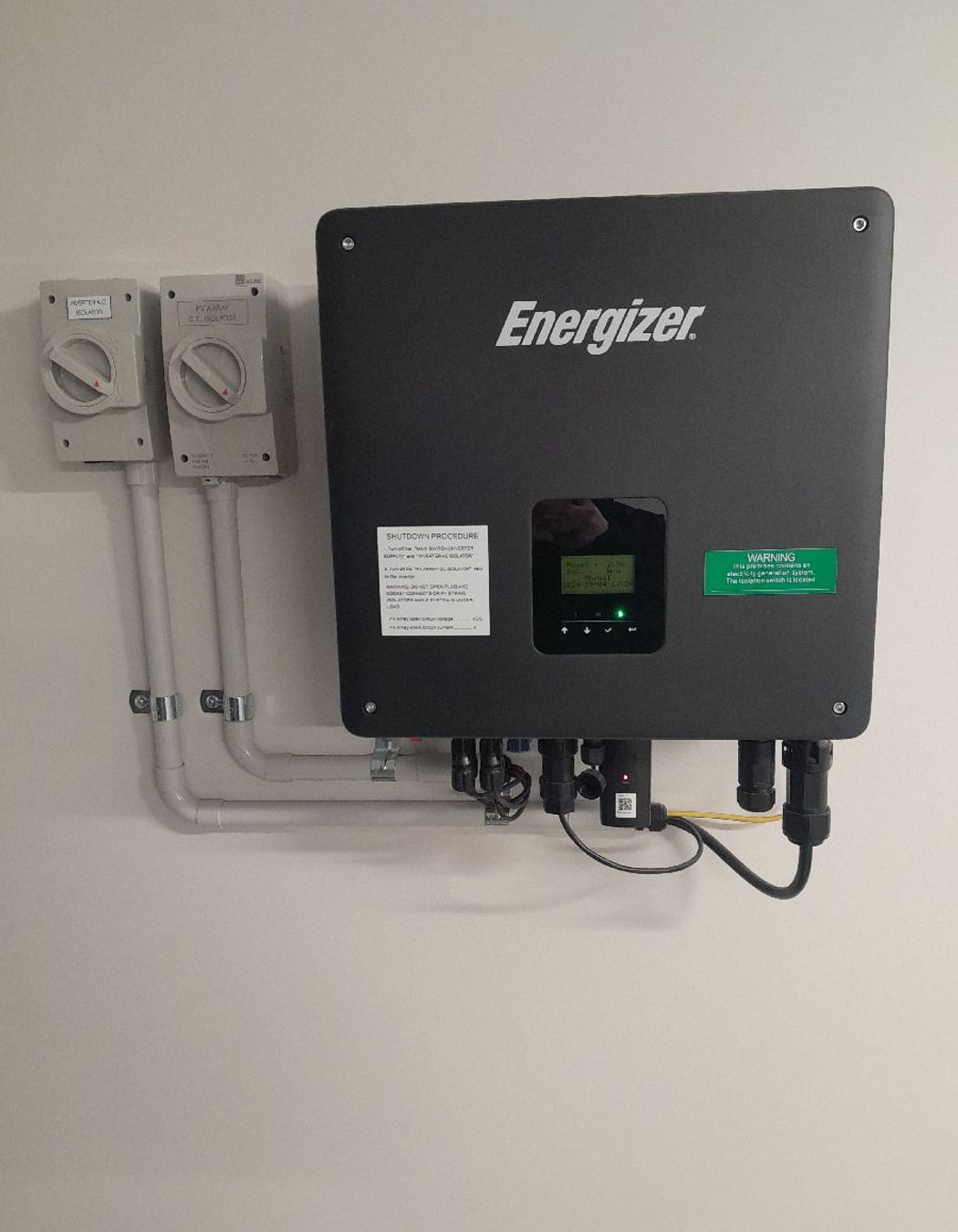
How Long Until Solar Panels Pay for Themselves?
Most solar systems in New Zealand achieve a payback period of 7 to 10 years, depending on energy usage and electricity rates. Businesses with higher consumption may see an even quicker return.
Beyond direct savings, solar panels also increase property value. Homes with energy-efficient systems are more appealing to buyers, adding another layer of financial benefit.
The Environmental Impact of Solar Energy
Beyond financial savings, solar energy is a game-changer for reducing carbon footprints. Traditional electricity generation relies heavily on fossil fuels, which contribute to greenhouse gas emissions. By switching to solar, you’re reducing your reliance on non-renewable energy sources and lowering your household or business’s environmental impact.
A typical residential solar panel system can offset several tonnes of CO₂ emissions annually, making it one of the most effective ways to support New Zealand’s commitment to sustainability. Plus, as more homes and businesses adopt solar, demand for fossil fuels decreases, driving the shift towards cleaner energy nationwide.
Choosing a Solar Installer You Can Trust
Not all solar installers offer the same level of quality and service. Choosing a reputable provider ensures your system is designed for maximum efficiency and durability. Look for:
- Expert system design tailored to your energy needs
- High-quality solar panels built for long-term performance
- Professional installation backed by experience and reliability
- Ongoing support and maintenance to keep your system running smoothly
With ATL Electrical, you get all of this and more. Our team of solar panel installation experts specialises in designing and installing solar systems that deliver real savings and long-term benefits.
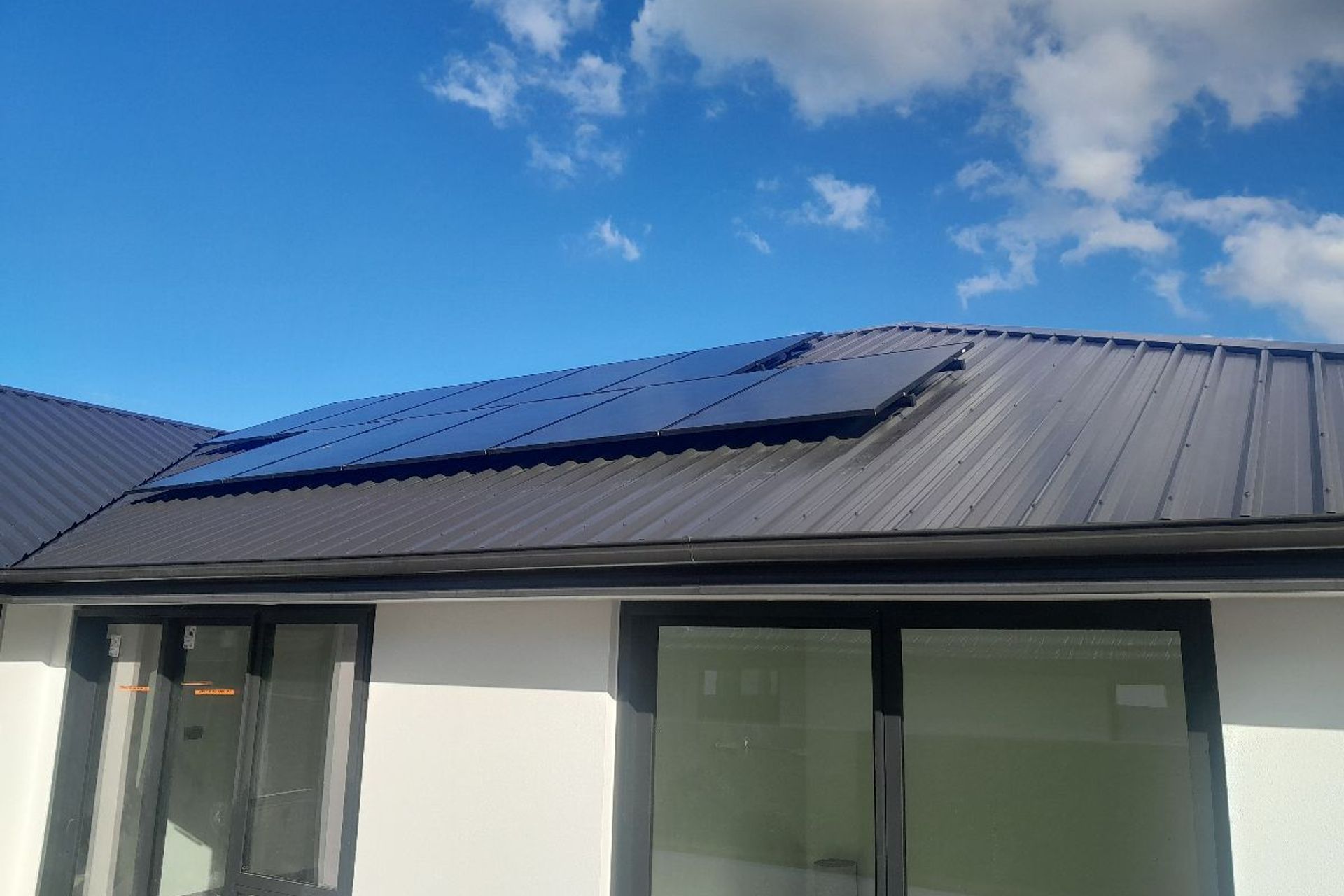

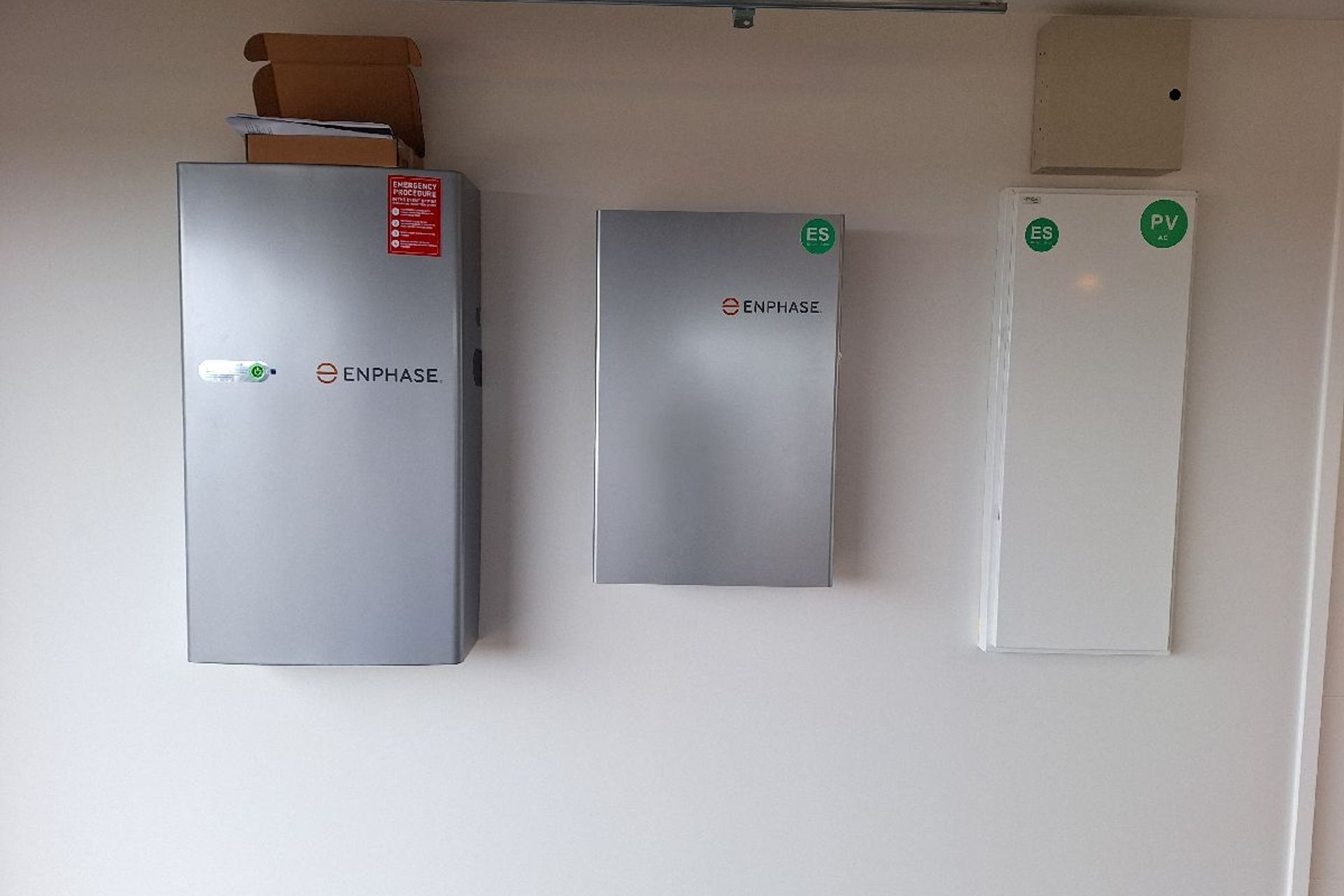
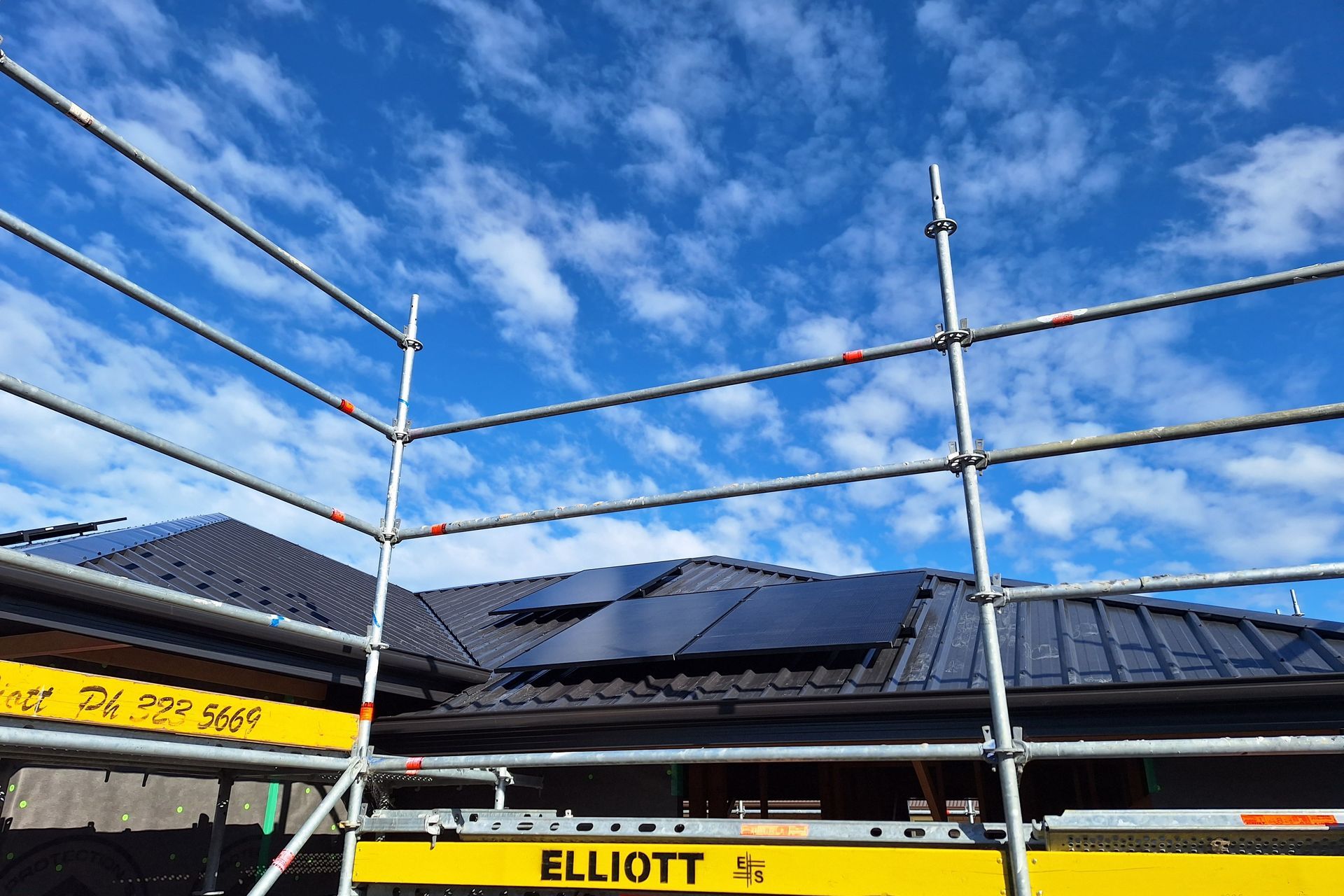
Final Thoughts: Is Solar Power Right for You?
For many New Zealanders, the benefits of solar far outweigh the initial cost. Lower power bills, a reduced carbon footprint, and energy independence make it an excellent investment.
